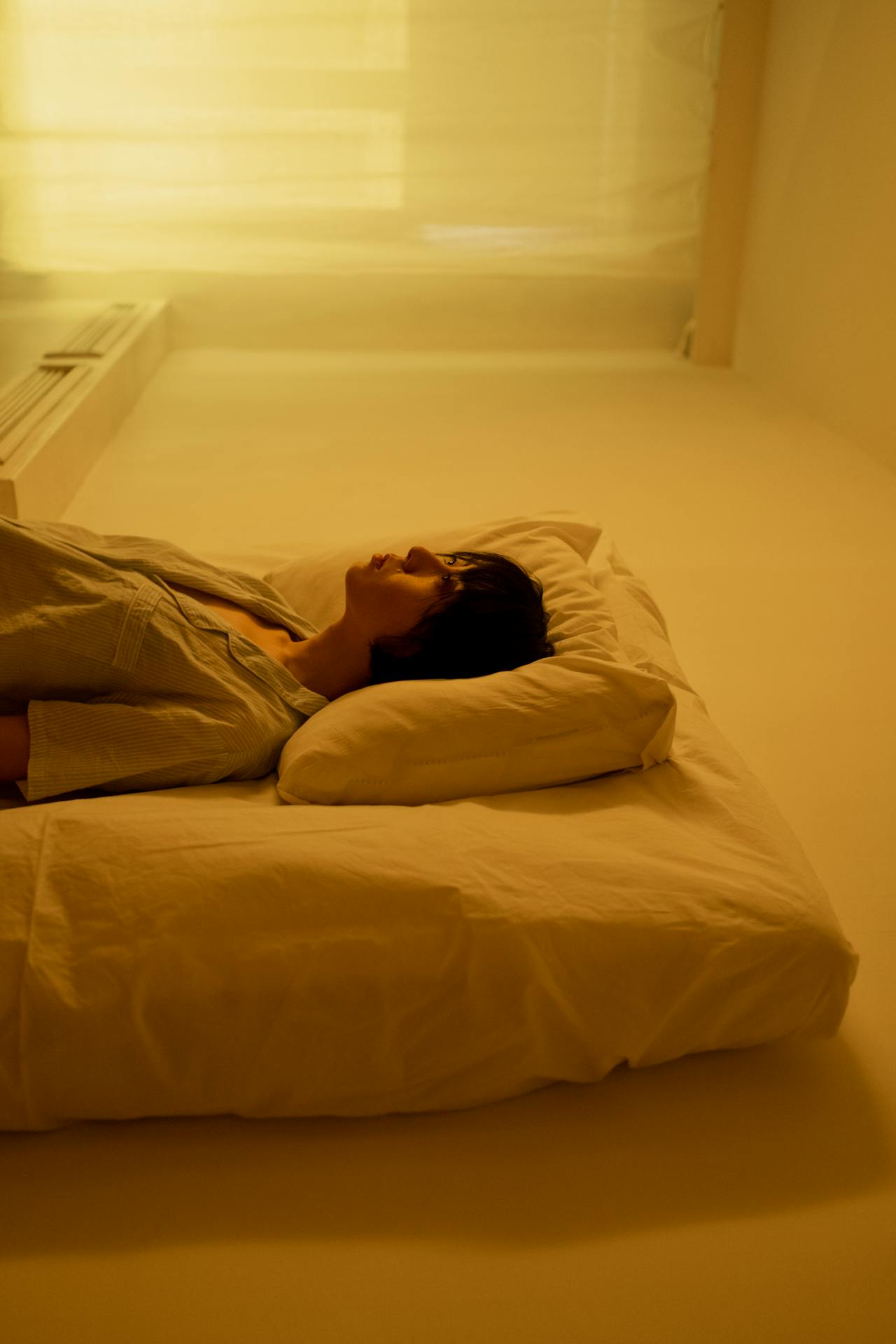
How to relieve insomnia naturally?
Insomnia, a sleep disorder that affects millions of people, can lead to fatigue , irritability and loss of energy in daily life .
Often caused by stress or unsuitable lifestyle habits, it has a profound impact on your well-being if it is not relieved.
Learn how natural solutions, like the bioresonance- based Hylos device, can help you get back to restful sleep .

What are the main causes of insomnia?
The causes of insomnia are numerous and can vary from person to person.
- Stress and anxiety are among the main triggers, disrupting the mind and preventing the body from relaxing for restful sleep.
- Lifestyle factors, such as excessive screen use in the evening or caffeine consumption, can also play a role.
- Finally, an unsuitable sleep environment – such as a room that is too bright or noisy – can aggravate these disorders and prevent deep rest.
To break this vicious circle, we must act on these causes.
The Hylos device, thanks to its bioresonance technology, helps to soothe mental tensions and restore inner balance , thus creating an environment conducive to sleep.
What are the consequences of insomnia?
Insomnia , when it becomes chronic, can have profound effects on health:
- A deterioration in quality of life : by disrupting the natural sleep cycle, it leads to persistent fatigue , drowsiness and irritability .
👉 According to the National Institute of Sleep and Vigilance (INSV), 73% of French people say they feel tired during the day due to poor sleep. - An increased risk of cardiovascular disease , weakening the immune system and promoting mood disorders, such as anxiety or depression.
- A real risk of accidents on the road : this can be multiplied by 8 on the journey and by 4.5 at the workplace .
It is therefore necessary to act as soon as possible to avoid these risks.
Using sound frequency technology, the Hylos device soothes tensions that prevent restful sleep.
In any case, it is better to enter sleep relaxed if you do not want to find the tensions of the day before the next day, because sleep and relaxation are two states that are not automatically linked.
This natural and non-invasive support helps prevent insomnia and its negative impacts on your mental and physical well-being.
What natural solutions are there against insomnia?
-

Take chamomile essential oil
Chamomile essential oil, known for its calming effects , promotes relaxation and the production of melatonin.
Although natural, its effect is temporary and does not solve the root causes of insomnia .
Use : By diffusion (3 to 5 drops) or direct inhalation, it calms the mind and prepares for restful sleep.
-

Create an environment conducive to sleep
- A dark, quiet room at the right temperature (between 16 and 20°C) is ideal for optimal rest.
- Also, remove screens , at least one hour before going to sleep.
-

Integrate Hylos into your routine
The Hylos device, thanks to its bioresonance technology, acts directly on the energies of your body to reduce tension and promote a state of deep relaxation. It helps you release muscle tension and prepare the body for restful sleep.
FAQ
When should you see a doctor for sleep problems?
If your insomnia lasts more than three weeks or seriously impacts your daily life (fatigue, irritability, loss of concentration), it is advisable to consult a healthcare professional to assess the causes and consider appropriate treatment.
What test should be done in case of insomnia?
If insomnia persists, a doctor may recommend a general health check or a polysomnogram, a test that analyzes your sleep in detail to identify possible disorders such as sleep apnea or restless legs syndrome.
How to differentiate temporary insomnia from chronic insomnia?
Temporary insomnia is often related to a stressful event or changes in your routine. Chronic insomnia, on the other hand, occurs at least three times a week for three months or more and requires treatment.
Can insomnia be prevented?
Yes, adopting habits like sticking to a regular sleep schedule, limiting caffeine and screen time in the evening, and managing daily stress can reduce the risk of insomnia.



